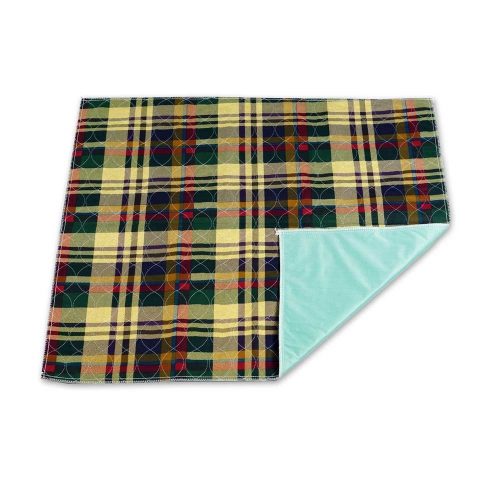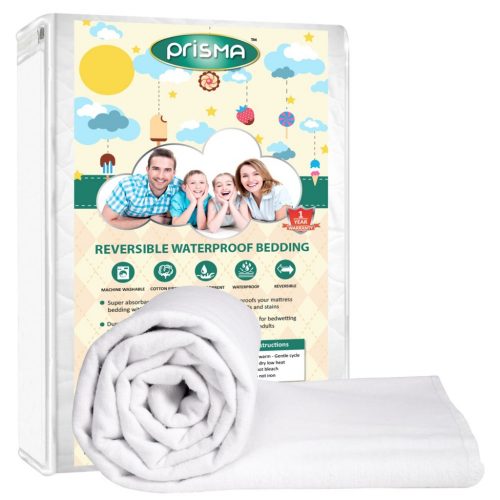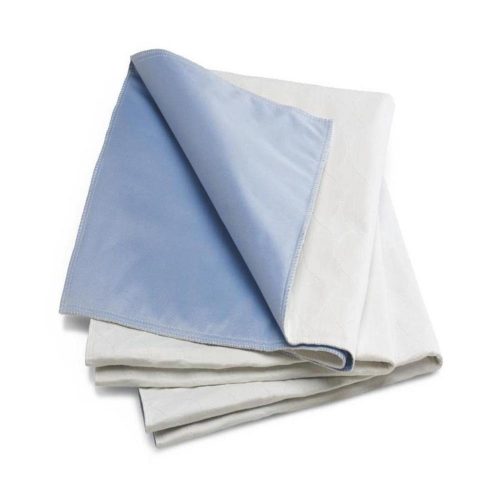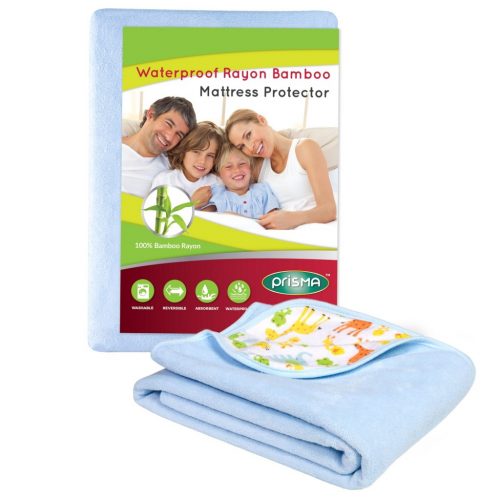Enuresis
Enuresis is the medical term for bedwetting during sleep. The word enuresis is derived from a Greek word (enourein) that means “to void urine.” Enuresis can also occur during the day. Enuresis is a pattern of involuntary discharge of urine by a child age 5 and more when they should be able to have control of their bladders. It can be psychologically distressful and a source of embarrassment for a child, but not physically harmful. It can damage a child’s self-esteem and can place a limit on participation in highly desirable social life experiences such as sleepovers and summer camp and sometimes make child face anger and humiliation from parents who fail to understand the nature of this disorder.
Enuresis may be diagnosed in girls older than age 5 and in boys who are older than age 6 who are still having urinary control problems. There are different types of enuresis patterns that may occur, including the following:
Diurnal enuresis is Wetting during the day.
Nocturnal enuresis is Wetting during the night.
Primary enuresis occurs when the child never had full control on toilet training.
Secondary enuresis occurs when the child did have a period of dryness may be more than six months or more but then returned to having periods of incontinence.
Enuresis Signs & Symptoms
The proper diagnosis of enuresis requires that the voiding of urine must occur at least twice per week for at least three consecutive months and the individual must have reached an age at which continence is expected (that is, the chronological age of the child must be at least 5 years) Other things to be noticed are:
- Poor sleep habits or the presence of a sleep disorder
- A problem with the proper functioning of hormones that help to regulate urination
- Family history of nocturnal enuresis
- Difficulties waking up from sleep.
- Use of any Medication that affects sleep
- Small bladders that Delays the ability to hold urine.
- Hydration and Nutrition history
- Abnormalities in the spinal cord.
- Urinary tract infections.
- Behavior, personality and emotional status
- Overactive bladder or dysfunctional voiding
- Diabetes mellitus or diabetes insipidus
- Constipation
Enuresis Treatment
Enuresis cannot be prevented or avoided. It tends to run in families. It is not something the child can control, so they can’t avoid it. Prior to starting treatment, it is important to know that your child is not at fault and should not be punished and after age 5 enuresis disappears naturally at a rate of about 15 percent of affected children each year. Your child’s age, overall health and Your opinion or preference are important key of enuresis treatment.
There are 2 kinds of enuresis treatment: behavior therapy and medicine. Your doctor may give your child the different types of medicine. This only happens if your child is 7 years of age or older and behavior therapy has not worked. Medicines are not a cure for bedwetting. Behavior therapy helps teach your child not to wet the bed. It is inexpensive and has a success rate of about 75%. Some behavioral treatments you can try at home include:
- Child must go to the bathroom right before going to sleep.
- Limit fluids, sodas, caffeine drinks before bedtime.
- Create a reward system for dry nights. Do not punish them for wetting.
- Tell your child to practice holding his or her urine for longer and longer times during the day. This helps stretch the bladder so it can hold more urine.
Use an Enuresis Alarm
This can teach your child to respond to bladder sensations at night. Alarm therapy should be considered for every patient.
Enuresis alarm has moisture sensor that is attached to the child’s pajamas and an alarm to the shoulder of the child. A single drop of urine on the sensor is sufficient to activate alarm and make loud noise that causes the child to wake up so that he or she gets up and finish urinating in the bathroom. If the child sleeps through the alarm, the parent then can awaken the child and escorts him or her to the toilet.
The best enuresis alarms are:

SHIELD PRIME BEDWETTING ALARM
Shield Prime enuresis alarm is a compact and discreet alarm with powerful built in technology. The single tone alarm comes in two metallic colors – Royal Blue and Red. Each is engineered to stop bedwetting in children ages 5 and up and teenagers who wet the bed at night.

SHIELD MAX BEDWETTING ALARM
Shield Max enuresis alarm is a highly recommended bedwetting solution. It comes in two metallic colors – Teal and Silver and is powered by 8 loud alert tones, a bright light and strong vibrations. Shield alarms offer ideal treatment for bedwetting children ages 5 plus and teens.
You may also cover your child’s mattress with a plastic cover to make cleanup easier.
Other widely used products that are helpful for enuresis treatment include waterproof mattress pads and washable bed pads:






